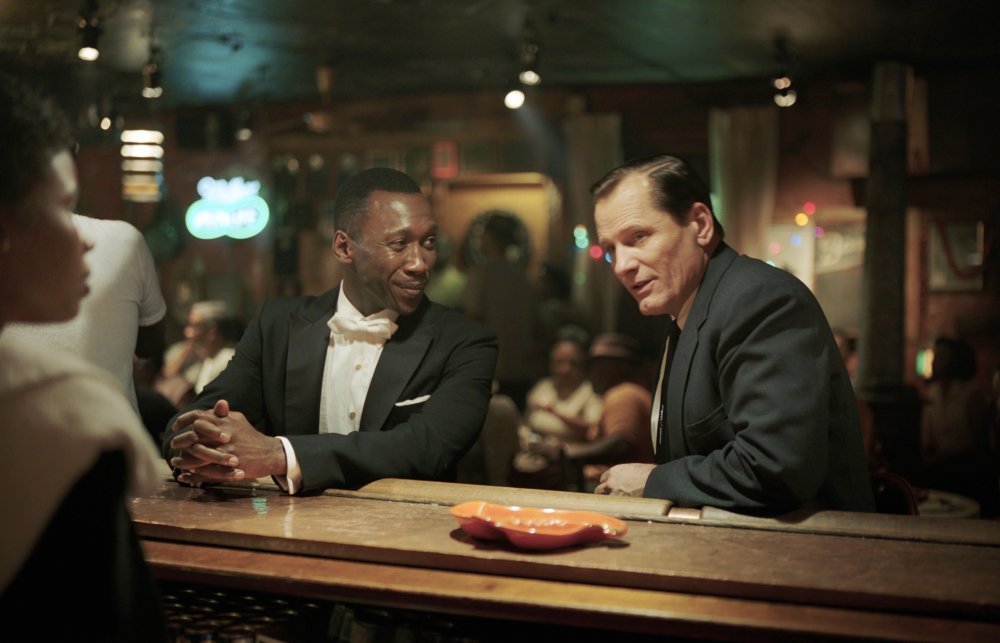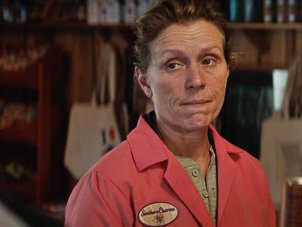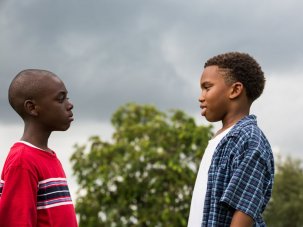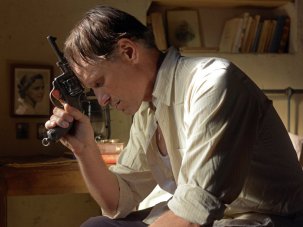There are two Green Books. The first is a cinematic object, a film made by Peter Farrelly, previously known for turning out a string of ‘gross-out’ movies mostly co-written or co-directed with brother Bobby – Dumb and Dumber (1994) and There’s Something About Mary (1998), for instance – whose impact on American screen comedy is incalculable, though not the sort of thing that tends to be recognised by awards-giving committees. The second is the extracinematic superstructure that exists around that cinematic object – the “true friendship” on which the film is based, per the poster, between the classical pianist Dr Don Shirley and his driver, Bronx Italian Tony Vallelonga; the behind-the-scenes backstory of its conception and pre-production; and the responses the movie has generated from festival audiences to critics to the Motion Picture Academy.
USA 2018
Certificate 12A 129m 31s
Director Peter Farrelly
Cast
Frank Anthony Vallelonga, ‘Tony Lip’ Viggo Mortensen
Dr Don Shirley Mahershala Ali
Dolores Linda Cardellini
Johnny Venere Sebastian Maniscalco
Oleg Dimiter D. Marinov
record exec P.J. Byrne
George Mike Hatton
Gio Loscudo Joe Cortese
[2.00:1]
UK release date 1 February 2019
Distributor E1 Films
greenbookfilm.co.uk
► Trailer
That second Green Book is the infinitely more interesting one, but to get to it we should say a few words about the first. The movie stars Mahershala Ali as Shirley, an elegant and aristocratically aloof figure who practises his art while living alone in an exotically furnished apartment high above Carnegie Hall, and Viggo Mortensen as Vallelonga, a temporarily out-of-work nightclub bouncer whose natural habitat is the street, hired as both a driver and tough-guy troubleshooter to accompany Shirley and his white bandmates on a tour of the Jim Crow American South, still starkly segregated in the unspecified early 1960s setting. (The film takes its title from The Negro Motorist Green Book, designed to help black travellers safely negotiate this hostile territory.)
From the lowbrow Vallelonga, the urbane Shirley learns the pleasures of the working-class black culture – Little Richard’s piano rock and roadside fried chicken joints – from which he has isolated himself in cultivating the respectable rectitude that’s earned him invitations into the best white households. From Shirley, who ghost-writes love letters back home to Tony’s wife, Vallelonga learns to express himself more articulately, and to not derisively call black people “moolies” any more. So it’s a win-win, I guess.
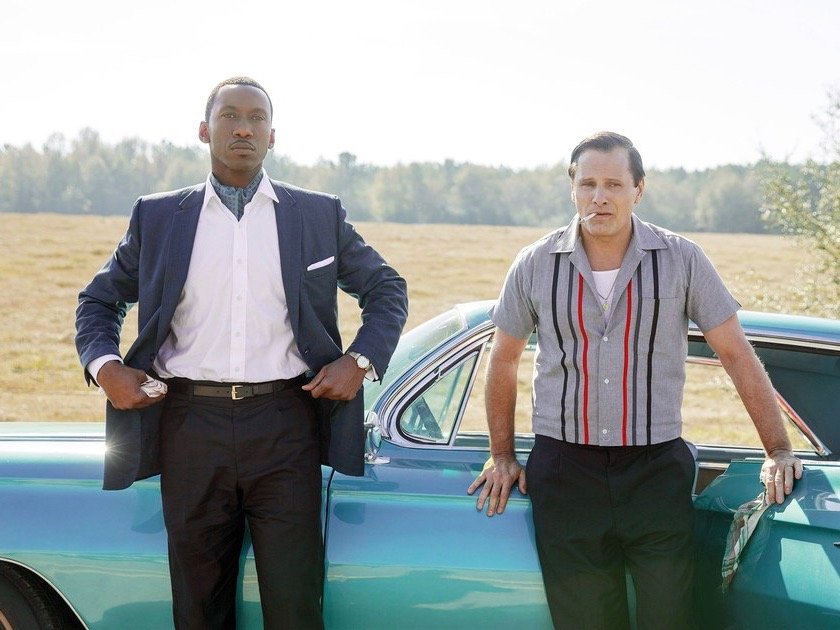
Essentially a two-hander for significant stretches on the road, Green Book depends on the charisma of its stars to shoulder a heavy burden, and they do not disappoint. Ali plays Shirley as a mid-century dandy, a man who has lived his life in pursuit of an ideal of poise and elegance, wearing his irreproachable comportment as armour against an unfriendly world. His Shirley is trim, tailored and an ascetic even in his excesses – a functioning alcoholic, he is mostly a private tippler, given to silently sipping alone and staring off darkly. As such, he is a perfect foil for the louche, buffet-wrecking Vallelonga; in what has been a signifier of actorly commitment since at least the days when Robert De Niro ate his way across Italy to bulk up for Raging Bull (1980), Mortensen has packed on poundage to play the man best known by his nickname ‘Tony Lip’ – his transformation second only in recent memory to Christian Bale’s Dick Cheney in Adam McKay’s Vice.
Green Book has been tagged as a departure for Farrelly, who only six years ago was being raked over the coals as the rascal responsible for writing and directing a segment in the critically maligned comedy anthology Movie 43 in which Kate Winslet goes on a date with eligible bachelor Hugh Jackman only to discover that he has a scrotum-shaped goitre dangling from his neck. And indeed it is a departure, at least in terms of the air of sanctimonious self-importance surrounding it – it is hard to imagine Farrelly saying of even a near masterwork like his Kingpin (1996) that it would be a movie that “can change people’s hearts and minds, incrementally”, as he told a Vanity Fair reporter of Green Book.
In fact, the things that Green Book handles well are the things that Farrelly always handled well in his films with his brother or in the last serious-minded film he alone had a hand in, Michael Corrente’s Outside Providence (1999), adapted from Farrelly’s novel of the same name. This is to say, it excels at lowbrow comedy made with a down-to-earth humanity and a feel for the American working class – or, more specifically, for the north-eastern white ethnic working-class, as familiar to the Rhode Island-raised director. There is much to criticise in Green Book, but I can find nothing to reproach in the scene where Vallelonga, alone in his hotel room, folds an entire pizza in half and prepares to take a bite.
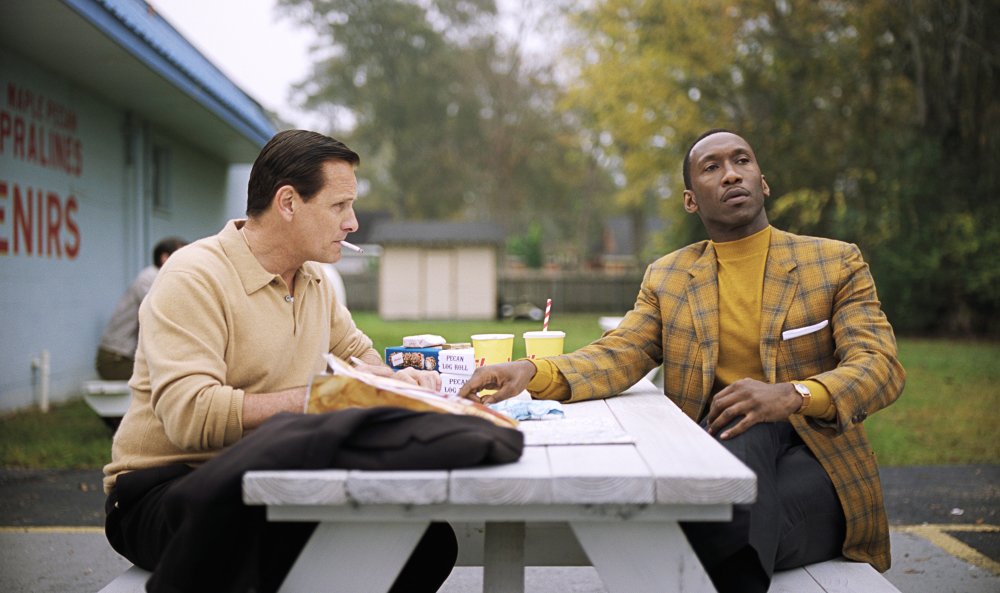
As a movie about one blue-collar Italian-American’s peculiar relationship to both food and the concept of whiteness, Green Book has something to recommend it. As a portrait of a black homosexual artist’s alienation from the culture of his youth, it is a considerably dicier proposition, a far cry from the intimate understanding of the bright working-class child’s eventual isolation from the environment that nurtured him that we get in, say, Dennis Potter’s 1965 Nigel Barton telefilms. In the pages of Vanity Fair, the critic K. Austin Collins has done an unimprovable job of detailing the genesis of the Green Book project and questioning its commitment to understanding the struggles of the real-life Shirley – it was this piece that prompted Farrelly’s thin-skinned rebuttal, quoted from above.
Collins discusses both the failure to contact Shirley’s surviving relations and the key role played in shaping Green Book by co-screenwriter Nick Vallelonga, son of the real Tony. Like Shirley, Tony died in 2013, having later in life had a career as a bit player that peaked with a recurring role on The Sopranos. Nick, now 59, followed his father into showbiz, and is unquestionably the most colourful character in the extracinematic Green Book’s story. A perusal of his grammatically eccentric, self-authored IMDb biography tells the story of an entire adult life spent on the disreputable fringes of the entertainment industry, directing straight-to-video Michael Biehn vehicles or recording a CD titled New York City Christmas “after the 9/11 tragedy”, one man’s long hustle that has now, remarkably, improbably, led to the stage at the Oscars.
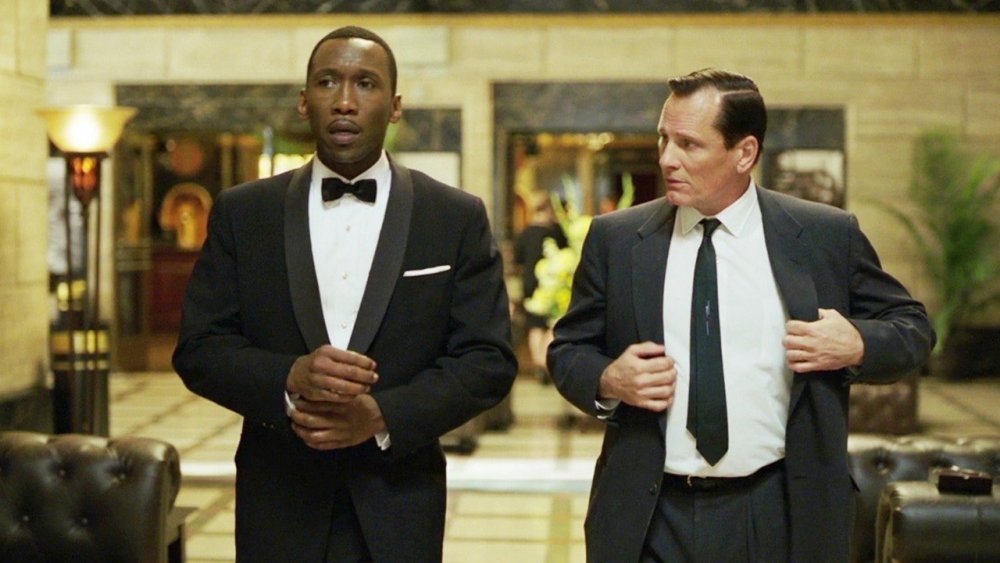
This coup was accomplished by banging out, with Farrelly and Brian Hayes Currie, a heartwarming tale that might very well have been written according to a wikiHow guide to authoring a prestige picture, full of the fatuous ‘we’re all the same under the skin’ brotherhood that statuette-distributing bodies just can’t get enough of, adding for seasoning just a pinch of the tightrope-walking politically incorrect humour that made a hit of Martin McDonagh’s risible Three Billboards Outside Ebbing, Missouri in 2017.
Vallelonga’s motivation for finally cashing in on his inheritance of his father’s unexamined anecdotes isn’t hard to guess at – this was a one-way ticket out of Palookaville. Farrelly’s midlife pivot is somewhat more mysterious – one suspects something like the same inspiration that prompted McKay’s move from fine dunderheaded comedies such as Step Brothers (2008) to filmtracts like The Big Short (2015) and Vice, the same sudden burning desire to create socially relevant art as opposed to mere belly laughs that strikes Joel McCrea’s director of popular entertainments in Preston Sturges’s Sullivan’s Travels (1941).
But while Green Book is one of the lesser films to bear the Farrelly imprimatur, it can be appreciated for its role in revealing so nakedly the rules of the prestige picture sweepstakes, and showing how easy it is to game the system, to go almost overnight from a Movie 43 or crooning 9/11 carols to being feted as among the foremost practitioners of the seventh art. It is a loss for the movies, but a triumph for the fine art of deception – a sour punchline to the joke that is awards-season cinema.
-
Sight & Sound: the March 2019 issue
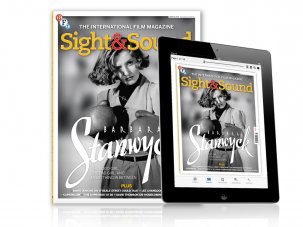
The versatile and complex performances of Barbara Stanwyck; plus If Beale Street Could Talk, Burning, Capernaum and our annual obituaries round-up.
-
The Digital Edition and Archive quick link
Log in here to your digital edition and archive subscription, take a look at the packages on offer and buy a subscription.




